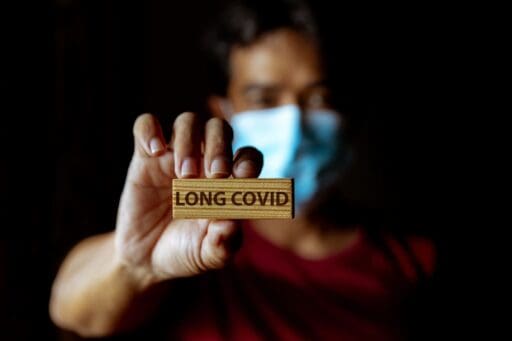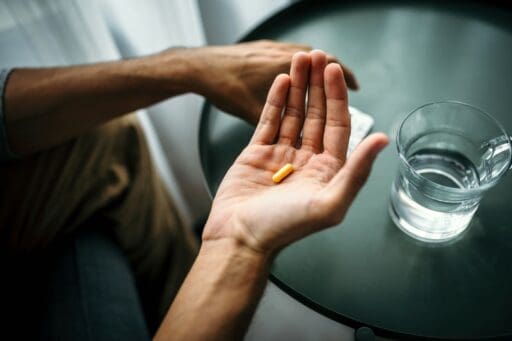Major Depressive Disorder (MDD) is a complex and often recurrent condition that affects millions of people worldwide. While treatments such as antidepressant medications and psychotherapy have proven effective for many,
The Impact of TMS on Pain
Chronic pain is a widespread health challenge that affects millions of Americans, fundamentally altering their daily lives and well-being. In fact, pain is the most common reason people seek medical
TMS for Bipolar Depression: An Update
Transcranial Magnetic Stimulation (TMS) continues to gain traction as a revolutionary approach in treating various mental health disorders, including Bipolar Depression. This update explores the efficacy of TMS for Bipolar
TMS for Long COVID: A Recent Study
Transcranial Magnetic Stimulation (TMS) has emerged as a promising treatment for various neurological and psychiatric conditions. Recently, researchers have begun exploring its potential to alleviate symptoms of long COVID, particularly
The Difference Between Ketamine and Esketamine (Spravato) for Depression Treatment
In addition to TMS, the team at Mid City TMS is excited to be able to offer since 2019 Spravato (esketamine) for treatment-resistant Depression. Spravato is the brand name of
Treatment Resistant Depression: An Overview
Treatment-resistant Depression (TRD) presents a significant hurdle in mental health, affecting individuals who don’t see results from standard antidepressant therapies. Recent research is pivotal for those seeking what to do
Antidepressant Long Term Risks: A Study
Antidepressants are a central component in the treatment of Major Depressive Disorder (MDD) and other mental health conditions. While they offer significant relief for millions of people globally, concerns regarding
How to help young adults with depression using rTMS: Basic, Translational, and Clinical Research in Neuromodulation
While Depression impacts millions of people across the globe, young adults bear a significant portion of that burden; census data collected in 2021 suggests that around 48% of young adults
Efficacy and Safety of Intranasal Esketamine (Spravato) for Depression: An Update
Research on the efficacy and safety of intranasal esketamine (Spravato) as a treatment for Depression continues. In particular, three recent analyses provide additional background for patients interested in learning more
Akathisia from Antidepressants
Finding the right treatment plan to combat major depressive disorder (MDD) is a complicated and delicate endeavor. While some antidepressants may work to help alleviate the daily burdens of Depression,










